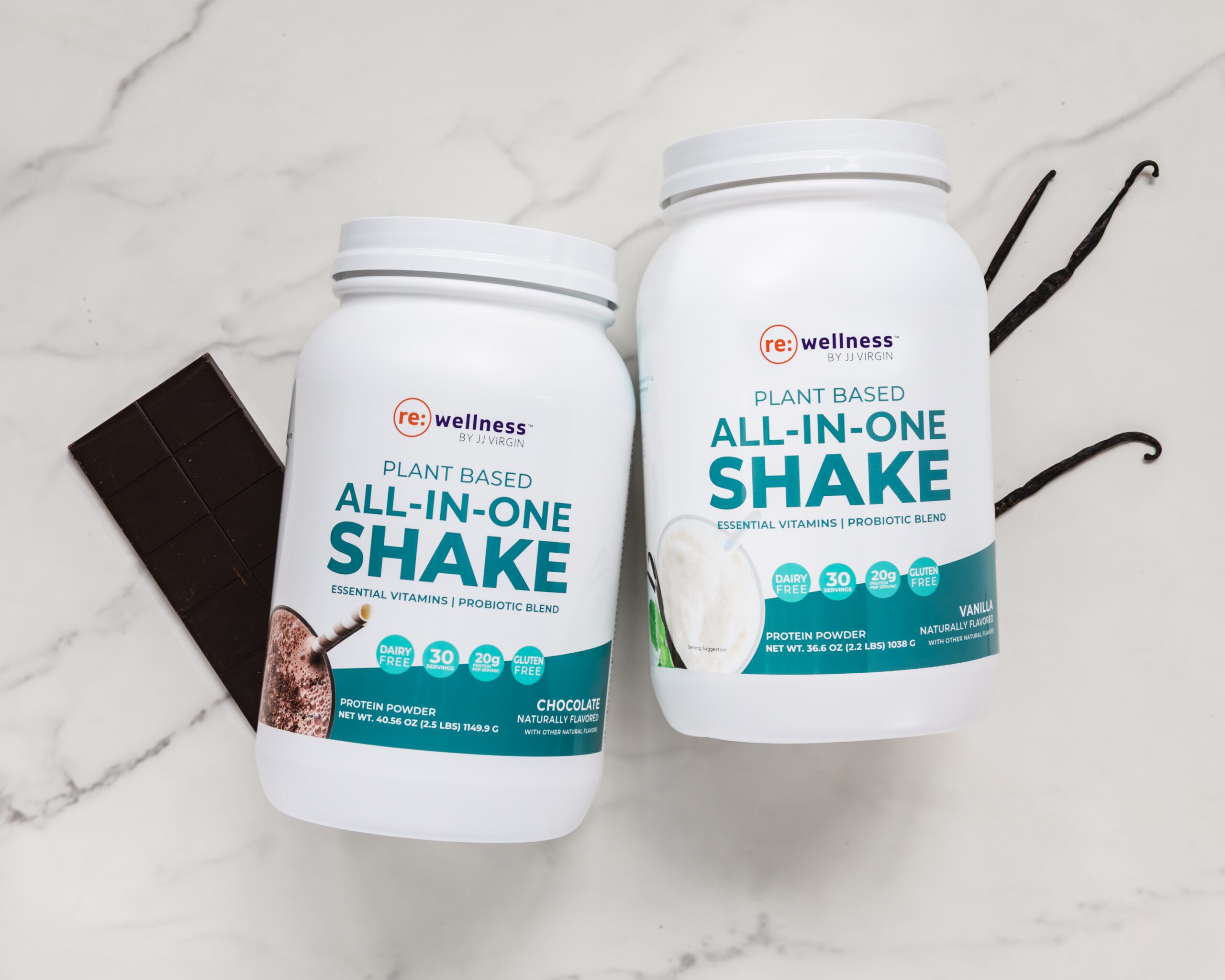What is Allulose?
Allulose is a compound found naturally in figs, raisins, jackfruit and maple syrup. It has a sweet taste — very much like regular sugar (sucrose) — and it occurs in relatively small amounts, so it’s referred to as a “rare sugar.”
No Impact on Blood Sugar*
While allulose has the taste and texture of sugar, it actually has no impact on blood glucose or insulin levels when consumed in reasonable amounts. The glycemic impact of allulose is virtually zero, which makes it an ideal sweetener for people on ketogenic or low carb diets. But you don’t have to follow a low carb way of eating to enjoy allulose. Since allulose does not affect blood sugar or insulin, it’s great for anyone concerned about maintaining healthy blood glucose control.
No GI Upset*
Allulose is similar in chemical structure to fructose (fruit sugar), but it has completely different effects in the body. Humans lack the enzymes to digest allulose, so it is largely excreted, but without the unpleasant GI effects induced by other sweeteners such as sugar alcohols. (The loose stools various sugar alcohols are known to induce result from these compounds drawing water into the colon and also because the gut microbes in the colon feed off of them, which may lead to gas, bloating and diarrhea.) Allulose is excreted almost entirely through the urine, so it has very low fermentability in the colon and does not typically cause GI upset.
Virtually Calorie Free
Since allulose is almost entirely excreted without being absorbed into the body, scientists have determined it has 90% fewer calories than regular sugar—only 0.4 calories per gram, compared to 4 calories per gram for sugar. Thus, allulose is virtually calorie-free.
No Aftertaste
Allulose has no unpleasant aftertaste and it lacks the cooling effect in the mouth imparted by sugar alcohols such as xylitol and erythritol. Allulose certainly appears to be the sweetener of the 21st Century. And with all of its accolades, it’s not just for low-carb and keto diets; it’s suitable for anyone looking to reduce their sugar consumption but who still wants to enjoy occasional sweet treats.
Understanding Labels
It’s important to understand how to read food labels of foods and supplements that contain allulose, as these labels need to be interpreted with an understanding of current regulations from the U.S. Food and Drug Administration (FDA). The FDA currently requires that allulose be listed in the grams of total carbohydrates but need not be counted under total or added sugars. Additionally, the calorie count for allulose may be calculated using its true value of just 0.4 cal/gram—this is different from labels for products containing regular sugar, where the total calories would reflect 4 cal/gram, making the calorie content much higher.







